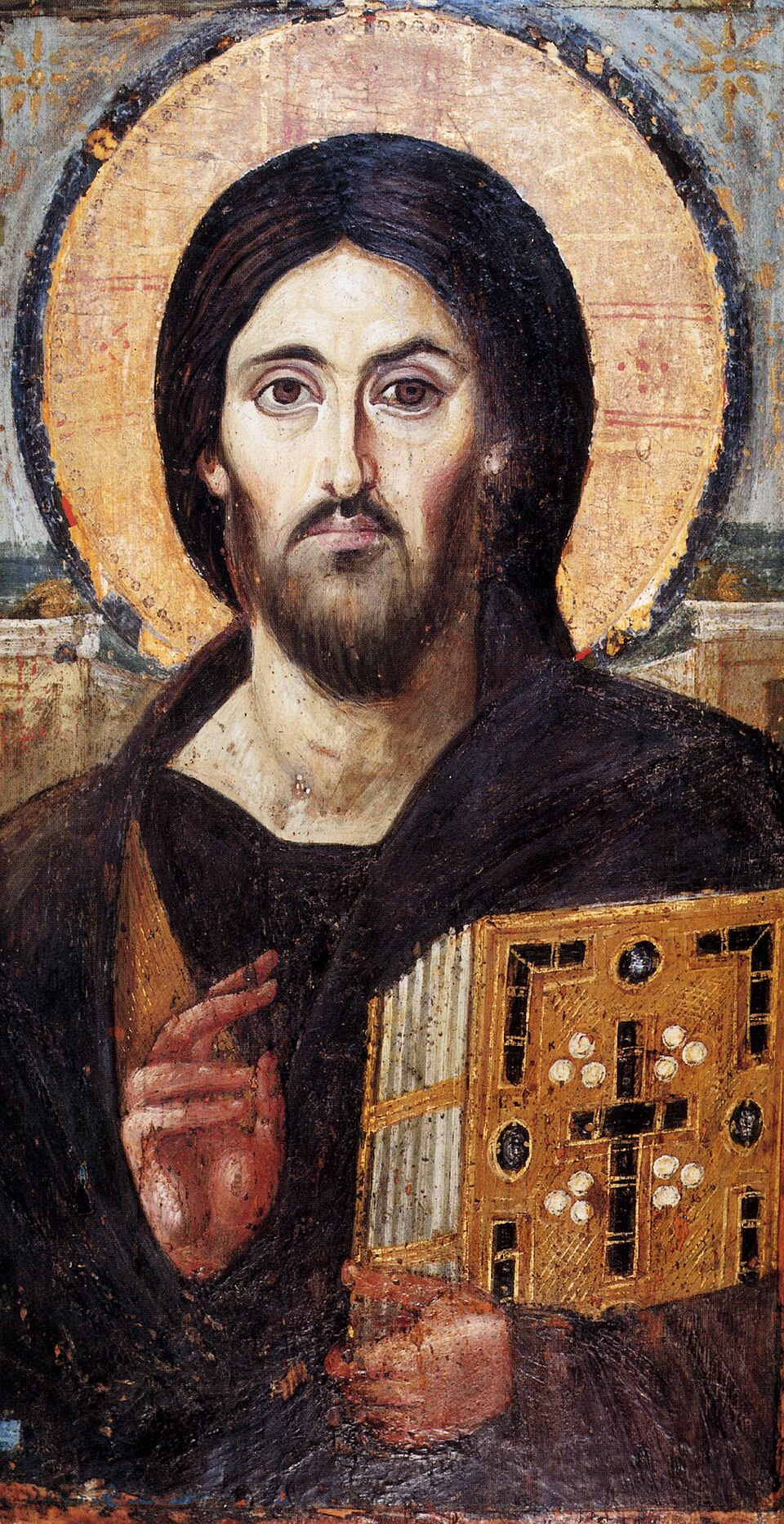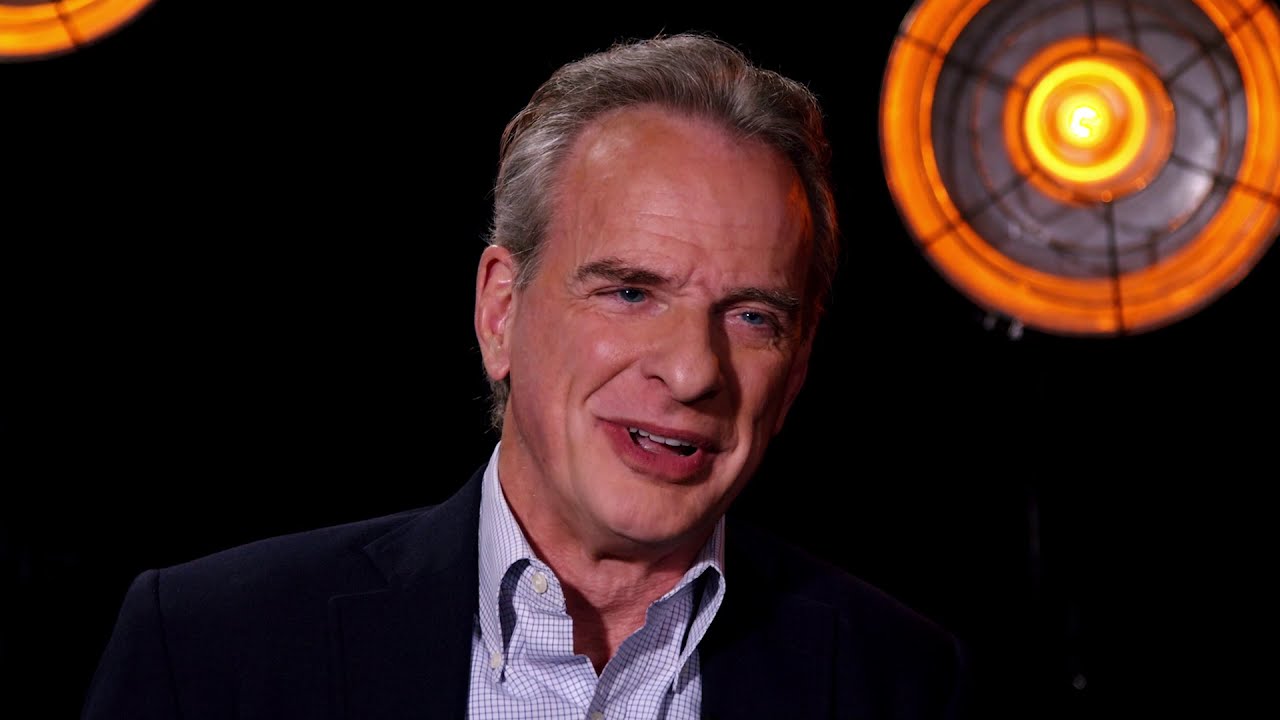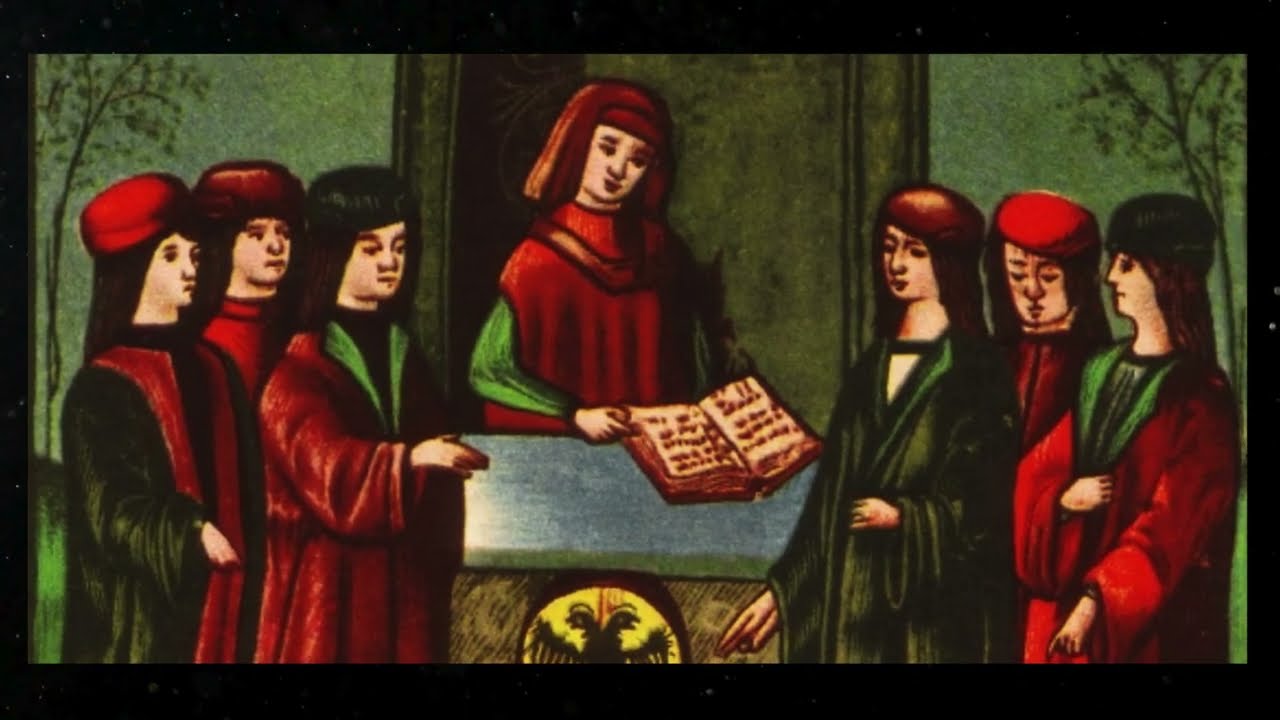Kurt Gödel, a towering figure in 20th-century mathematics and logic, is often hailed as The Man Who Proved That God Exists through his innovative ontological argument. This formal proof, rooted in modal logic, attempts to demonstrate God’s existence using mathematical rigor rather than faith alone. Gödel’s work not only bridges the gap between philosophy and science but also challenges atheists and skeptics by providing a logical framework that some interpret as irrefutable. This article explores his life, the development of his groundbreaking proof, its reception, and its enduring legacy, revealing how one man’s intellect dared to address one of humanity’s oldest questions.
Early Life and Influences

Gödel’s formative years laid the groundwork for his extraordinary contributions to logic and philosophy, shaping a mind that would later tackle the profound question of God’s existence. Born into a world on the cusp of significant change, his early experiences fostered a deep curiosity about mathematics, logic, and metaphysics. This period was marked by personal challenges and intellectual awakenings that influenced his later work, including his ontological argument that positioned him as The Man Who Proved That God Exists. Understanding these roots provides insight into how his rigorous thinking evolved from childhood fascinations to groundbreaking proofs.
Childhood and Family Background
Gödel was born on April 28, 1906, in Brno, which was then part of the Austro-Hungarian Empire and is now in the Czech Republic. He came from a comfortable middle-class family; his father, Rudolf Gödel, was
Kurt Gödel, a towering figure in 20th-century mathematics and logic, is often hailed as The Man Who Proved That God Exists through his innovative ontological argument. This formal proof, rooted in modal logic, attempts to demonstrate God’s existence using mathematical rigor rather than faith alone. Gödel’s work not only bridges the gap between philosophy and science but also challenges atheists and skeptics by providing a logical framework that some interpret as irrefutable. This article explores his life, the development of his groundbreaking proof, its reception, and its enduring legacy, revealing how one man’s intellect dared to address one of humanity’s oldest questions.
Early Life and Influences


Gödel’s formative years laid the groundwork for his extraordinary contributions to logic and philosophy, shaping a mind that would later tackle the profound question of God’s existence. Born into a world on the cusp of significant change, his early experiences fostered a deep curiosity about mathematics, logic, and metaphysics. This period was marked by personal challenges and intellectual awakenings that influenced his later work, including his ontological argument that positioned him as The Man Who Proved That God Exists. Understanding these roots provides insight into how his rigorous thinking evolved from childhood fascinations to groundbreaking proofs.
Childhood and Family Background
Gödel was born on April 28, 1906, in Brno, which was then part of the Austro-Hungarian Empire and is now in the Czech Republic. He came from a comfortable middle-class family; his father, Rudolf Gödel, was a businessman, while his mother, Marianne Gödel, was a pharmacist. This environment, characterized by stability and educational encouragement, played a pivotal role in nurturing Kurt’s intellectual abilities.
From an early age, Gödel displayed prodigious talent in mathematics and languages. His parents recognized his brilliance and encouraged him to pursue his interests, which included not only mathematics but also philosophy and physics. This early exposure to various disciplines gave Gödel a broad intellectual foundation that would later inform his philosophical inquiries. One can see the seeds of his future work being sown during these formative years as he grappled with existential questions and developed an affinity for logical reasoning.
In addition to the support from his family, Gödel was significantly influenced by the cultural milieu of early 20th-century Europe. The era was marked by rapid advancements in science and philosophy, offering fertile ground for innovative thought. Gödel engaged with the works of philosophers such as Immanuel Kant and Gottlob Frege, whose theories on logic and metaphysics sparked his curiosity. These influences would culminate in Gödel’s own philosophical explorations, particularly his ontological argument—an endeavor that sought to blend rigorous logic with profound metaphysical claims.
Education and Academic Development
Gödel’s academic journey began at the German University in Prague, where he initially studied mathematics and theoretical physics. Although he excelled in these subjects, it was in mathematics that he found his true passion. His intellectual curiosity led him to explore areas such as set theory and proof theory, laying the groundwork for his future contributions to logic.
Throughout his time at university, Gödel became increasingly absorbed in the philosophical implications of mathematical theories. He attended lectures by prominent thinkers like Paul Bernays and met fellow students who shared his enthusiasm for logical reasoning. It was during this period that Gödel began to formulate his thoughts on ontology, the branch of metaphysics concerned with the nature of being. He sought to understand not just the logical structures of mathematics but the deeper philosophical questions surrounding existence itself—questions that would ultimately lead him to formulate his ontological argument.
Gödel’s academic journey was not without its challenges. He faced political tensions within Europe and a growing sense of unease as the threat of World War II loomed. Yet, instead of retreating from these uncertainties, Gödel used them as motivation to delve deeper into his studies. His commitment to understanding the fundamental questions of existence and reality only intensified, illustrating how adversity can fuel intellectual growth.
Influences of Philosophical Thought
Gödel’s interest in philosophical inquiry, particularly in relation to metaphysics and theology, was further nurtured by the vibrant intellectual community in which he operated. He was heavily influenced by the works of philosophers such as Descartes, Leibniz, and especially Kant, who challenged conventional notions of existence and reality. This exploration of philosophical thought inspired Gödel to adopt a unique approach to discussing God’s existence.
Central to Gödel’s ontological argument was the integration of modal logic, a departure from traditional arguments for God’s existence that relied solely on empirical evidence or religious texts. Through his investigation of necessity and possibility, Gödel aimed to construct a logically sound framework to argue for the existence of a necessary being—God.
Gödel’s reflective journey allowed him to synthesize rational thought with spirituality—a combination that many find elusive. He believed that philosophical inquiry should not shy away from exploring the divine and that logic could serve as a bridge between faith and reason. This perspective ultimately shaped his ontological argument and solidified his place in the conversation about God’s existence, emphasizing the potential for logical reasoning to illuminate even the most profound metaphysical questions.
Gödel’s Ontological Argument
Gödel’s ontological argument stands as a beacon of intellectual achievement, representing a unique intersection of mathematics, logic, and theology. By employing modal logic, Gödel crafted a formal proof that sought to establish the existence of God as a necessary being. His argument beckons readers to consider the implications of existence through a lens that blends rigorous logical structure with deeply metaphysical inquiries.
Foundations of Modal Logic
Modal logic serves as the backbone of Gödel’s ontological argument. Unlike classical propositional logic, which focuses solely on truth values (true or false), modal logic incorporates modalities—expressions of necessity and possibility. This distinction allows Gödel to frame his argument in terms of what must be true rather than what merely could be true.
Gödel formulated a specific set of axioms to establish his proof, starting with the premise that if it is possible for a necessary being to exist, then such a being must exist in at least one possible world. To Gödel, this was not merely a theoretical engagement; it represented a profound reflection on existence itself.
By establishing a necessary being, Gödel posited that this being possesses all perfections, including omniscience, omnipotence, and moral perfection. He argued that since existence itself is a perfection, it follows that a necessary being must exist in every possible world, including our own. This assertion undeniably adds a layer of complexity and depth to the discussion surrounding existence, challenging skeptics to reconsider their positions.
Presentation of Gödel’s Proof
Gödel presented his proof in a highly formalized manner, consisting of several key axioms and definitions that delineated his argument. At its core, he defined “positive properties” as those that are consistent with a perfect being, such as greatness, goodness, and necessity. Using these definitions, he formulated axioms that allowed him to articulate the conditions under which a necessary being could exist.
One of the crucial components of Gödel’s proof is its reliance on the concept of “possible worlds.” By examining different scenarios in which a necessary being exists or does not exist, Gödel illustrates the logical consequences of each scenario. If a necessary being exists in any possible world, then it must exist in the actual world as well—this conclusion is central to his overall argument.
Despite its complexity, Gödel’s argument can be distilled into a few key propositions: if it is possible for a necessary being to exist, then that being must indeed exist; and since existence is a positive property, a necessary being cannot lack existence. Gödel’s meticulous construction of this proof demonstrates his prowess as a logician and philosopher, compelling readers to engage with the implications of his argument.
Reception and Critique of Gödel’s Proof
While Gödel’s ontological argument has garnered both admiration and critique, its reception remains a topic of heated debate among scholars, philosophers, and theologians. Supporters laud Gödel’s pioneering approach, viewing his proof as a novel contribution to the discourse on the existence of God. They argue that his use of modal logic offers a fresh perspective that transcends traditional arguments, engaging with the complexities of existence in a way that resonates with contemporary philosophical inquiry.
Conversely, critics contend that Gödel’s ontological argument is ultimately unsatisfactory, arguing that it relies too heavily on abstract concepts devoid of empirical grounding. Some assert that the notion of “necessary existence” lacks clarity and practical relevance, rendering Gödel’s proof ineffective in persuading skeptics. Detractors also challenge his definitions of positive properties, suggesting that they are too subjective and open to interpretation.
Nonetheless, the impact of Gödel’s work extends beyond whether it effectively proves God’s existence. Its significance lies in the dialogue it inspires, prompting deeper reflections on the interplay between logic, metaphysics, and theology. The ongoing discussions surrounding his argument illustrate the enduring nature of questions about existence, inviting both believers and non-believers to engage in thoughtful discourse.
Legacy and Impact

The legacy of Kurt Gödel extends far beyond his ontological argument, influencing a multitude of disciplines, including mathematics, philosophy, and theology. His work continues to spark conversations about the foundations of logic and existence while challenging individuals to confront the implications of his ideas on a personal level. Gödel’s writings invite readers to explore the intersection of faith and reason, encouraging a more profound understanding of both.
Influence on Philosophy and Theology
Gödel’s ontological argument has left an indelible mark on the fields of philosophy and theology. His ability to integrate rigorous logical frameworks with metaphysical inquiries has inspired subsequent philosophers to reevaluate their perspectives on God and existence. The conversations ignited by his work have led to new developments in philosophical theology, guiding scholars to consider the implications of his arguments in light of contemporary issues.
Moreover, Gödel’s insistence on the importance of logical consistency encourages a more nuanced exploration of faith-based arguments. As philosophers grapple with Gödel’s ideas, they are compelled to confront the inherent complexities of belief, existence, and the nature of the divine. In doing so, they plant the seeds for ongoing discourse that may yield further insights into the relationship between reason and faith.
Contributions to Mathematics and Logic
In addition to his theological implications, Gödel made remarkable contributions to mathematics and logic, fundamentally altering the landscape of these disciplines. His incompleteness theorems challenged established notions of completeness and consistency within mathematical systems, prompting a reevaluation of the limits of formal logic. These breakthroughs laid the groundwork for modern computational theory and transformed our understanding of provability and mathematical truth.
Gödel’s ontological argument can be seen as an extension of his broader philosophical inquiries into the nature of knowledge, existence, and the limits of human understanding. His explorations serve as a reminder that logical rigor and philosophical contemplation are not mutually exclusive; rather, they can coexist harmoniously, enriching our understanding of both realms.
Ongoing Discussions and Contemporary Relevance
As society continues to grapple with existential questions and the search for meaning, Gödel’s ontological argument remains relevant. Scholars, theologians, and skeptics alike engage with his work, utilizing it as a springboard for contemporary discussions about the nature of God and existence. The ongoing relevance of Gödel’s ideas speaks to the universal quest for understanding, highlighting the interconnections between mathematics, philosophy, and spirituality.
In an era characterized by rapid technological advancements and scientific discoveries, Gödel’s ontological argument invites individuals to reflect on the broader implications of existence. It encourages a dialogue that transcends disciplinary boundaries, fostering collaboration among thinkers from diverse backgrounds. This collaborative spirit underscores the need for holistic approaches to complex questions, as humanity seeks to reconcile the intricacies of existence with the realities of modern life.
Conclusion

Kurt Gödel’s ontological argument represents a monumental achievement at the intersection of logic, philosophy, and theology. His innovative approach challenges prevailing notions of existence, inviting readers to contemplate the nature of God through the lens of rigorous reasoning. While the reception of his argument varies, its impact remains undeniable, paving the way for further exploration of profound questions regarding existence.
Gödel’s legacy serves as a reminder of the power of intellect and creativity in addressing humanity’s oldest inquiries. The conversations sparked by his work continue to inspire scholars, philosophers, and theologians, demonstrating that the pursuit of understanding is an ever-evolving journey. As we navigate the complexities of existence, Gödel’s ontological argument stands as a testament to the enduring quest for truth, inviting us to engage with the mysteries that define our lives.

GIPHY App Key not set. Please check settings